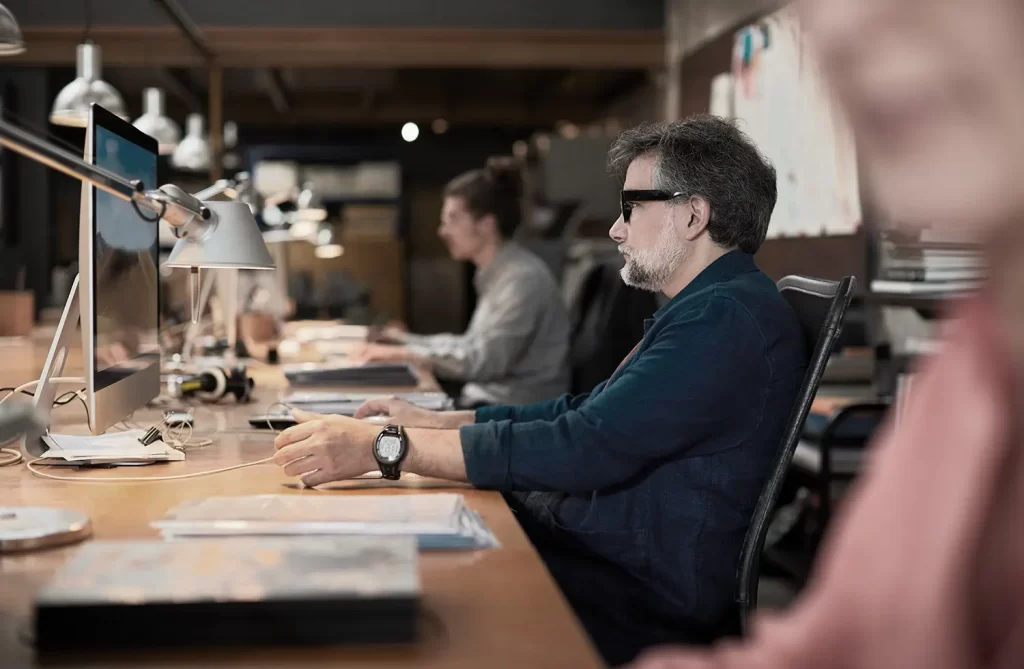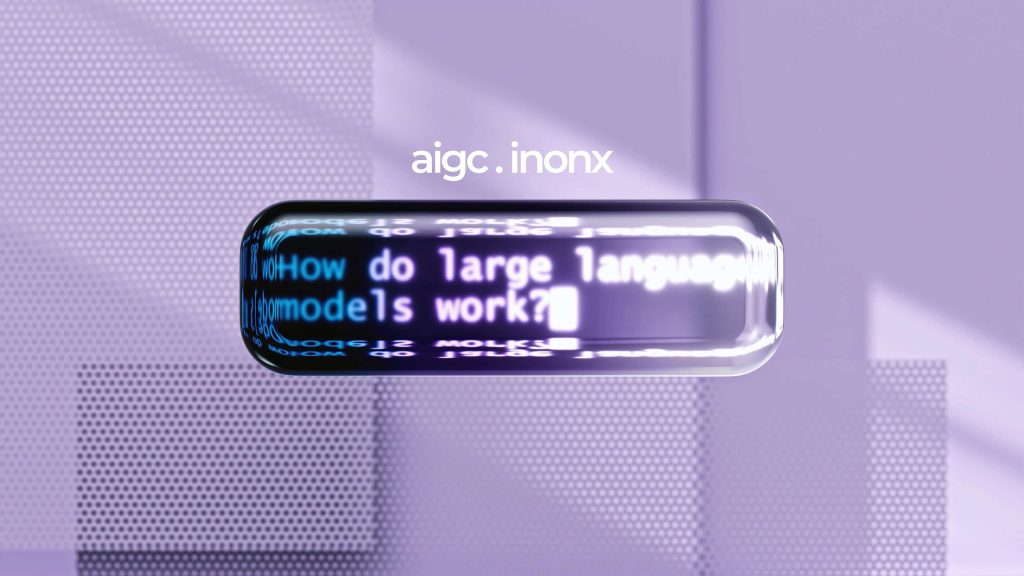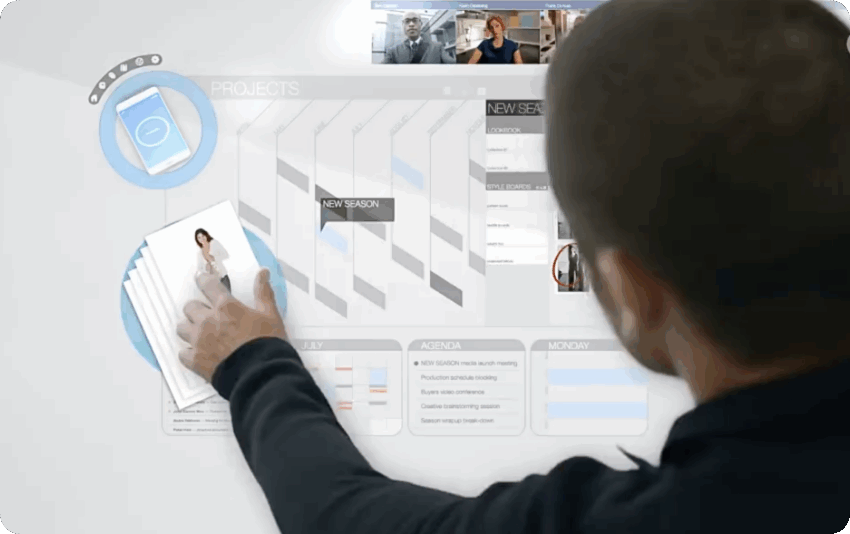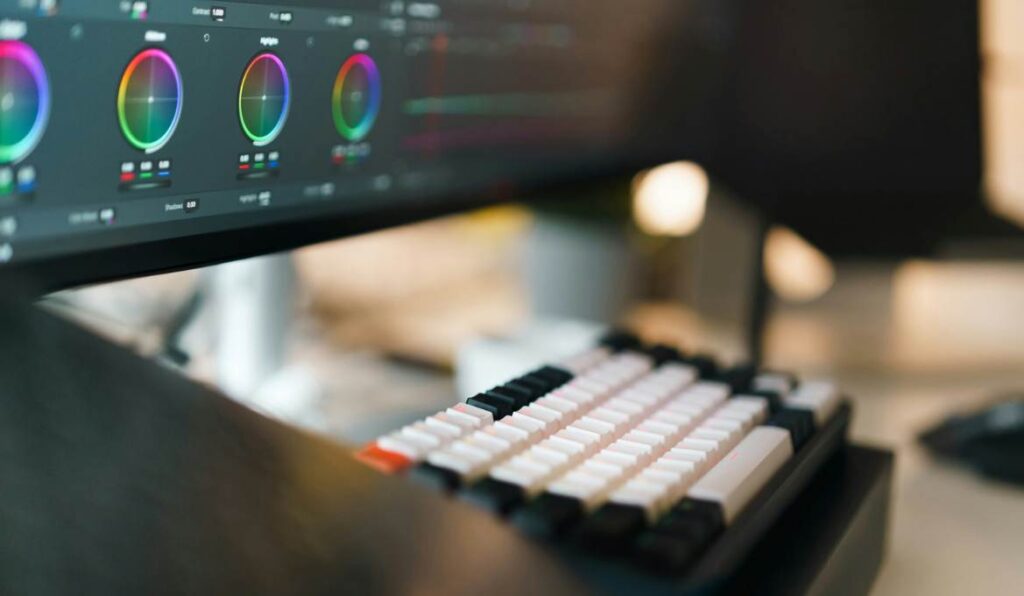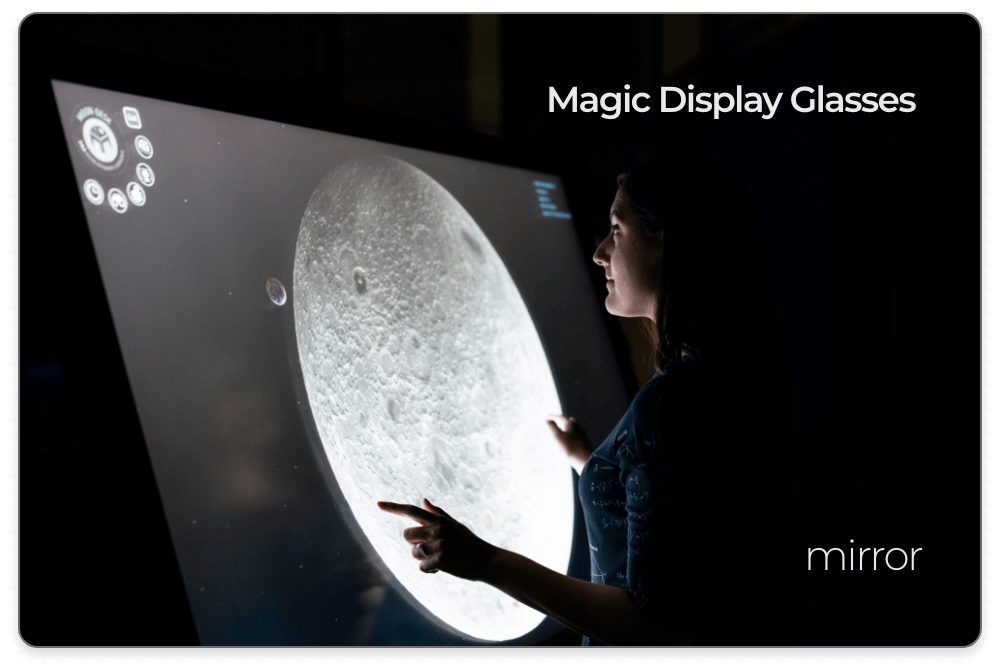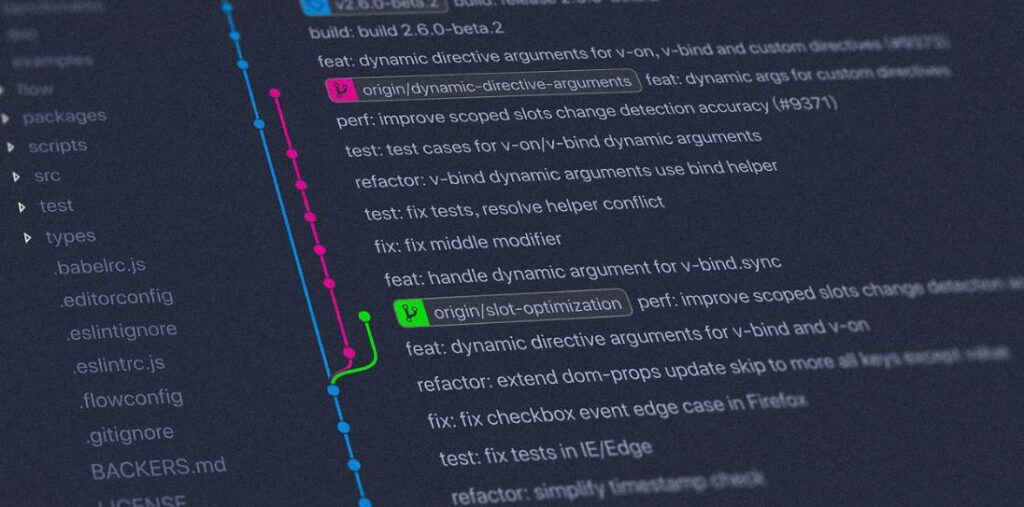In a world defined by rapid technological advancement, manufacturers are increasingly turning to artificial intelligence (AI) to transform their operations. The advent of AI-powered virtualized operating systems (OS) has sparked a revolution not just in how we manage technology, but also in how industries approach smart manufacturing. This article explores current trends, industry applications, and solutions surrounding AIOS-driven smart manufacturing, alongside insights into AI-driven productivity platforms.
.
**Understanding AI-Powered Virtualized OS**
AI-powered virtualized operating systems integrate advanced artificial intelligence functionalities with traditional virtualization technologies. Virtualization traditionally allows multiple operating systems to run concurrently on a single hardware platform, effectively increasing resource utilization and flexibility. By integrating AI, these virtualized OS platforms can leverage machine learning algorithms, real-time data processing, and intelligent automation to self-optimize and improve performance.
.
The application of AI in virtualization creates a more dynamic and agile IT environment. Organizations can streamline their processes, reduce downtime, and enhance their ability to respond to changes in the market. As industries grapple with the vast amounts of data generated by connected devices, AI-powered virtualized OS can provide real-time insights and analytics, enabling smarter decision-making and more targeted strategies.
.
**AIOS-Driven Smart Manufacturing: A Game Changer**
AI-driven technologies are increasingly recognized as a cornerstone of smart manufacturing. The term “smart manufacturing” refers to a collection of cutting-edge technologies, including the Internet of Things (IoT), big data analytics, artificial intelligence, and digital twins, to optimize production processes. The integration of AI-powered virtualized OS is essential in this landscape, as it enables industries to create more flexible, responsive, and efficient systems.
.
Smart manufacturing relies heavily on data acquisition. Connected machines and sensors collect vast amounts of data, which can be analyzed in real-time using AI algorithms. This capability means that manufacturers can predict equipment failures, optimize production schedules, and improve product quality—all while minimizing waste and reducing operational costs. The seamless integration of AI with virtualized operating systems ensures that all data collected from various sources can be easily accessed, analyzed, and acted upon without significant delays.
.
**Real-World Applications of Smart Manufacturing**
In recent years, many industries have benefited from the implementation of AIOS-driven smart manufacturing solutions. Take, for example, the automotive sector. Companies like General Motors and Ford are investing heavily in AI technologies to optimize their production processes. By utilizing AI-powered data analytics platforms, they can predict maintenance needs, optimize assembly line layouts, and enhance quality control processes.
.
Moreover, the aerospace industry has also begun adopting these technologies. Boeing, for instance, uses AI algorithms to help streamline supply chain management. By predicting potential disruptions and optimizing inventory levels, they can maintain production efficiency and cut costs associated with overstocking or stockouts.
.
Another notable application is seen in the consumer electronics sector. Companies such as Apple have integrated machine learning and AI analytics into their manufacturing processes, allowing for rapid adjustments to production based on real-time market demand changes. Virtualized OS platforms enable these AI systems to run efficiently, facilitating faster data handling and improved manufacturing agility.
.
**The Power of AI-Driven Productivity Platforms**
The introduction of AI-driven productivity platforms in manufacturing is an integral part of this evolution. These platforms automate processes and integrate various operational features aimed at increasing efficiency. For example, manufacturers can leverage AI-driven analytics to uncover inefficiencies in their workflows.
.
By collecting data from production lines, AI algorithms analyze the performance of machines and employees, identify bottlenecks, and provide actionable insights that lead to better resource allocation. Companies like Siemens are already using such platforms in their operations, showcasing significant improvements in efficiency and cost reduction in manufacturing processes.
.
Additionally, AI-driven productivity platforms excel in enhancing collaboration across teams. By generating data visualizations and predictive models, these platforms improve communication between different departments, ensuring that key stakeholders remain informed and aligned with common goals.
.
**Challenges and Solutions in Implementing AIOS-Driven Solutions**
While the benefits of AI-powered virtualized OS and smart manufacturing are evident, the road to adoption is not without challenges. Chief among them is the resistance to change within organizations. Traditional manufacturing companies often have well-established processes that may not easily transition to AI-driven solutions.
.
To address these challenges, organizations should prioritize education and training. By equipping employees with the necessary skills to utilize AI-driven platforms and virtualized OS effectively, businesses can foster an environment of innovation and continuous improvement.
.
Another key challenge is data security and privacy. With increasing data reliance, manufacturers must ensure that their systems are robust and secure from potential cyber threats. Implementing comprehensive cybersecurity measures, including encrypting sensitive data and conducting regular system audits, can help protect against breaches.
.
Finally, manufacturers must also consider the initial investment required for implementing these advanced technologies. Although the long-term ROI is significant, the upfront costs can deter some organizations from pursuing AIOS-driven manufacturing solutions. Companies may explore partnerships and financing options to mitigate this burden.
.
**The Future of AI-Powered Virtualized OS in Manufacturing**
Looking ahead, the future of AI-powered virtualized operating systems in manufacturing appears promising. As technologies continue to evolve, manufacturers will increasingly leverage automation and AI to enhance production capabilities. The emergence of 5G networks will also facilitate faster data processing and enable real-time analytics, leading to further advancements in smart manufacturing.
.
Moreover, as AIOS technologies mature, we expect to see more personalized production processes. Customized products will become the norm as AI systems learn consumer preferences and enable manufacturers to produce tailored items efficiently. This trend aligns with the growing demand for personalization in the consumer market and presents exciting opportunities for manufacturers ready to embrace change.
.
**Conclusion: Embracing the Future of Smart Manufacturing**
As AI-powered virtualized OS continue to transform the manufacturing landscape, organizations must stay vigilant in exploring these advancements. The transition towards AI-driven productivity platforms signifies a critical shift in operational methodologies that enables companies to thrive in an increasingly competitive environment.
.
Innovators and leaders in manufacturing should view the integration of AI technologies not merely as a trend but as an essential strategy for sustaining growth and remaining relevant in the marketplace. By adopting AIOS-driven smart manufacturing solutions, businesses can not only enhance their operational efficiency but also foster a growth mindset ready to embrace the future.
.
**Sources:**
– Gartner, “Market Guide for Artificial Intelligence in Manufacturing.”
– Deloitte Insights, “The future of manufacturing: Smart Manufacturing as a new standard.”
– McKinsey & Company, “How AI is transforming the manufacturing industry.”
– Siemens Reports, “Digitalization: The key to unlocking efficiency in manufacturing.”
This transformation marks just the beginning of a larger trend that will reshape industries—where AI and virtualized systems converge for enhanced productivity and efficiency. Embracing these changes will serve as a significant advantage in navigating the complexities of the modern manufacturing landscape.
